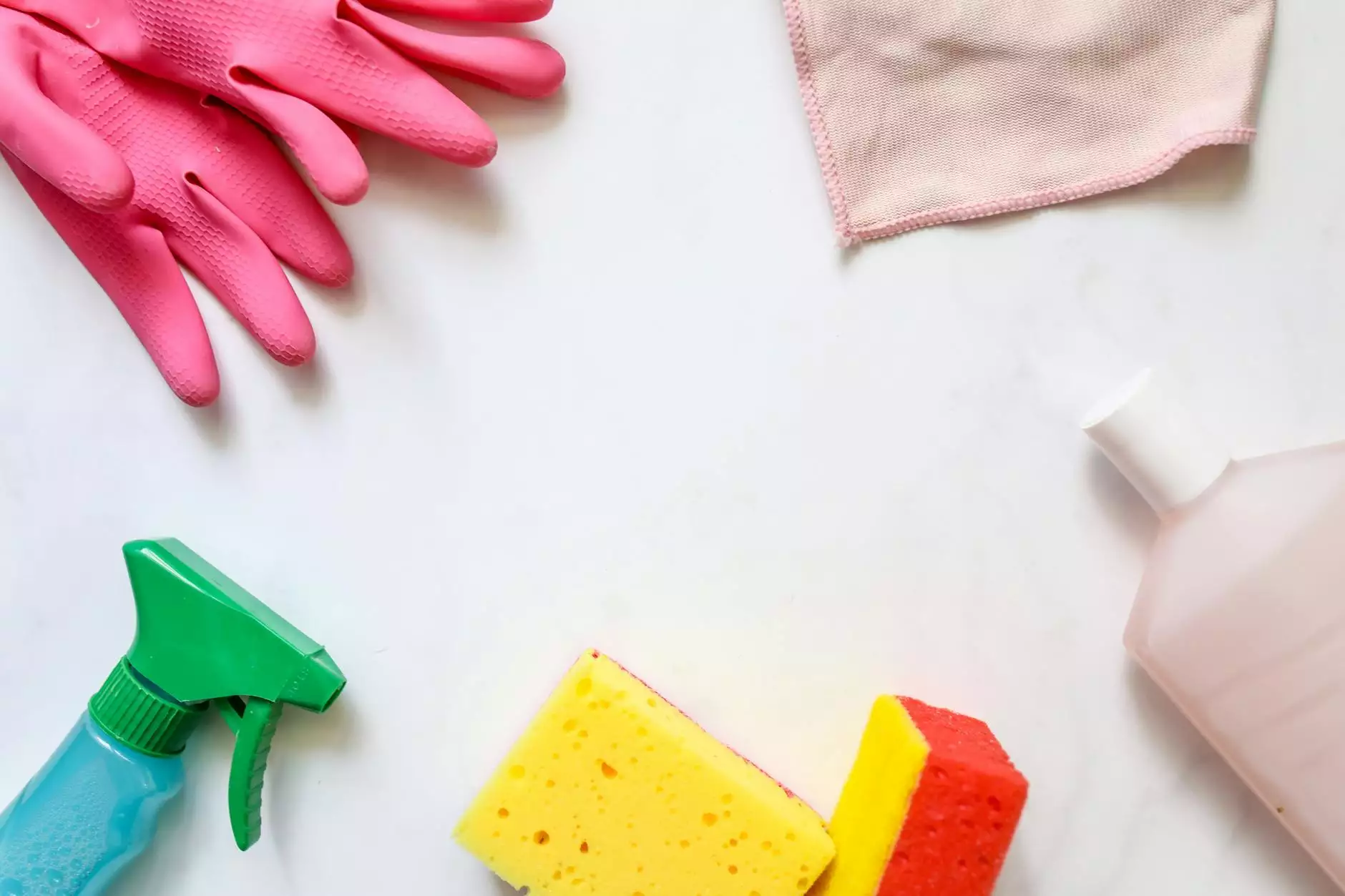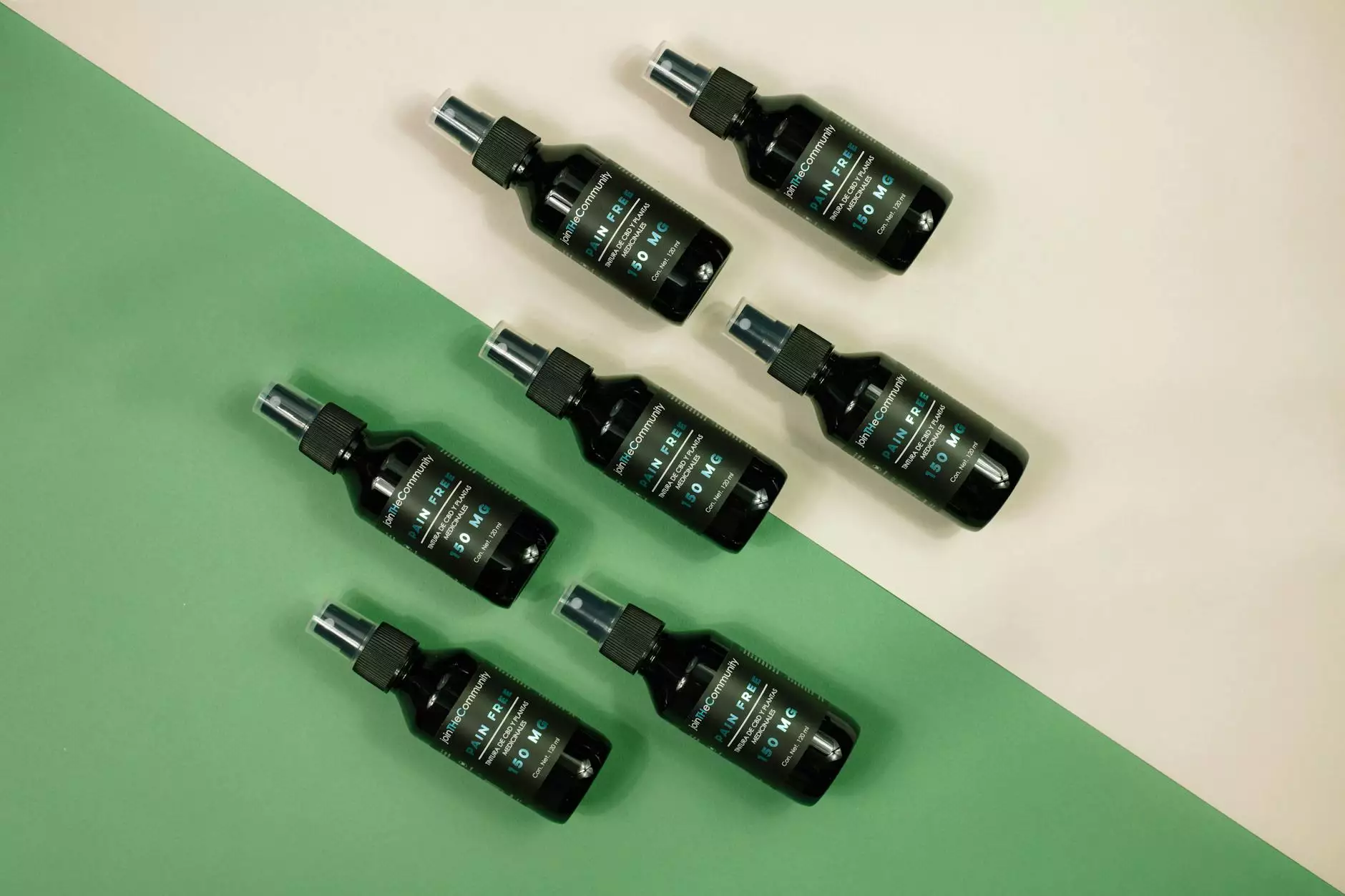Tea Towel Cleaning: Importance and Best Practices for Your Business

In the bustling environment of a restaurant, maintaining cleanliness is not just a choice; it's a necessity. A crucial element in this cleanliness regimen is tea towel cleaning. Tea towels, often overlooked, play a vital role in kitchen hygiene. In this article, we will delve into the significance, best practices, and advantages of proper tea towel cleaning for your culinary establishment.
Why is Tea Towel Cleaning Important?
Tea towels are a staple in kitchens worldwide, serving multiple purposes from drying dishes to wiping surfaces. However, improper care of tea towels can lead to unsanitary conditions. Here's why tea towel cleaning is essential:
- Prevent Cross-Contamination: Using dirty tea towels can transfer bacteria and germs from one surface to another, compromising food safety.
- Maintain Professional Standards: A clean restaurant reflects professionalism. Guests expect not just delicious food, but also a sanitary environment.
- Longevity of Linens: Regular cleaning extends the life of your tea towels, ensuring they remain effective and visually appealing.
- Compliance with Health Regulations: Health inspectors often assess linen cleanliness. Non-compliance can lead to fines or closures.
Types of Contaminants Found on Tea Towels
Understanding what makes tea towels dirty can help in establishing effective cleaning routines. Common contaminants include:
- Bacteria: Species such as Salmonella, E. coli, and Listeria can thrive on damp cloths.
- Food Particles: Residues from various ingredients can accumulate, promoting microbial growth.
- Oils and Greases: These can cling to fabrics, making them less absorbent and more prone to odor.
Best Practices for Tea Towel Cleaning
Implementing effective cleaning practices is paramount. Here are some best practices for ensuring your tea towels are clean and sanitary:
1. Wash Regularly
It’s recommended to wash tea towels after every use, especially if they have come into contact with raw food. High-temperature washes (at least 60 degrees Celsius) are effective in killing bacteria.
2. Use the Right Detergent
Choose detergents that are designed to tackle grease and bacteria. Consider options that are eco-friendly and free from harmful chemicals for the safety of your staff and customers.
3. Bleaching for Whiteness
If your tea towels are white, using bleach can help eliminate stubborn stains and sanitize the fabric. However, avoid bleach on colored towels as it can cause fading.
4. Proper Drying Techniques
After washing, dry tea towels in a dryer on a hot setting or hang them in a well-ventilated area. Ensure they are completely dry before using them again to prevent mold growth.
5. Store in a Clean Area
Always store clean tea towels in a clean, dry area to ensure they remain uncontaminated until ready for use. Avoid leaving them in damp areas, which can promote bacterial growth.
Why Consider Professional Tea Towel Cleaning Services?
While you may have the means to clean tea towels in-house, utilizing a professional tea towel cleaning service can provide numerous advantages:
- Expertise: Professional services are trained in effective cleaning methods that ensure sanitization and fabric care.
- Time-Saving: Outsourcing laundry can free staff to focus on core restaurant duties, improving operational efficiency.
- Consistent Quality: Professional services offer consistent, high-quality cleaning, ensuring all linens maintain the same standard.
- bulk Handling: For larger establishments, a professional service can manage the volume of linens efficiently, ensuring you never run out of clean towels.
Choosing the Right Tea Towels for Your Business
Not all tea towels are created equal. Selecting the right materials and types can enhance both functionality and cleaning ease:
1. Material Choice
Cotton is highly absorbent, making it a popular choice. It is durable and can withstand high temperatures during washing. Microfiber is another excellent option, known for its superior cleaning capabilities and quick drying times.
2. Size and Design
Consider the size of the towels based on your kitchen’s needs. Larger towels may be more versatile, while smaller ones can be handy for quick tasks. Choose colors that match your restaurant’s theme but also be practical in terms of stain visibility.
The Economic Impact of Proper Tea Towel Cleaning
Investing in proper tea towel cleaning practices extends beyond health and aesthetics; it impacts your bottom line as well. Here's how:
- Reduced Foodborne Illness: Maintaining a clean kitchen reduces the risk of food service-related illnesses, which can be very costly due to legal fees and loss of reputation.
- Lower Replacement Costs: Regular cleaning prolongs the life of your linens, reducing the need for frequent replacements.
- Improved Efficiency: Clean towels aid in faster service and streamlined processes in the kitchen, enhancing overall productivity.
Conclusion: Elevate Your Kitchen Standards
In conclusion, tea towel cleaning is an indispensable aspect of maintaining hygiene and professionalism in any kitchen. By adhering to best practices, considering professional cleaning services, and investing in quality materials, you can ensure that your establishment upholds the highest standards of cleanliness.
Don't underestimate the power of a simple tea towel. With proper care, these humble cloths can help safeguard your food safety, enhance your staff's efficiency, and reflect the standards of excellence you wish to uphold in your business.
Contact Restaurant Linen Service for Your Cleaning Needs
If you’re ready to take the next step in elevating your kitchen's cleanliness, reach out to Restaurant Linen Service. Our expert team specializes in professional tea towel cleaning and linen rental services, ensuring that you receive top-notch service tailored to your restaurant's needs.









